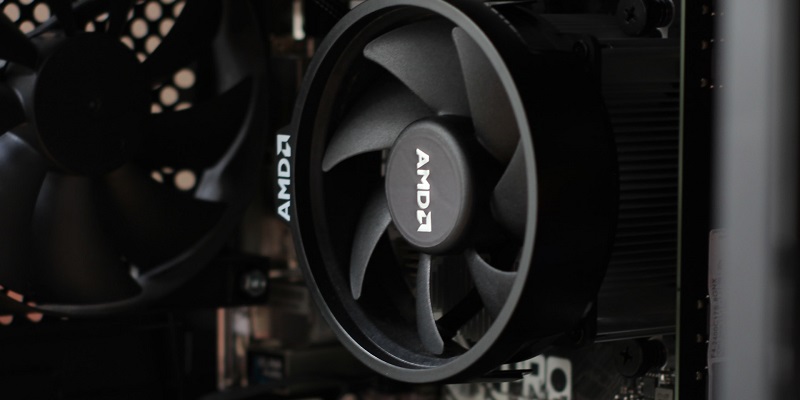A new graphics driver update for AMD’s Radeon Software Adrenalin Edition has created waves in the gaming community, as it brings with it a staggering 67% performance improvement for the Radeon RX 7900 XT. This update has breathed new life into AMD’s flagship graphics card, and its impact is not limited to just one game. Let’s delve deeper into the performance boost and its implications.
Performance Boost for the Radeon RX 7900 XTX
Not only has the Radeon RX 7900 XT received a significant performance boost, but its sibling, the RX 7900 XTX, has also seen a noticeable improvement, albeit not as pronounced. The enhanced performance is especially evident in popular titles like Forza Horizon 5 and The Last of Us, providing gamers with a smoother and more immersive experience.
Performance Boost at Higher Resolutions
In an exhaustive array of tests conducted by YouTuber Ancient Gameplays, it was observed that at higher resolutions, the performance boosts were not as impressive as at lower resolutions. However, even with this caveat, both the RX 7900 XT and XTX still demonstrated an average frame rate increase of 23-24% at 4K, showcasing their prowess in handling demanding games.
Comparison with Nvidia’s Software Interface
While Nvidia remains at the forefront of popular graphics card manufacturers, it is essential to acknowledge the lead of AMD’s software interface, Adrenalin. With its more robust feature set compared to Nvidia’s GeForce Experience software, AMD has ensured that gamers have access to a comprehensive suite of tools to enhance their gaming experience.
Recognition of AMD’s Effective Driver Support
The remarkable performance leaps achieved purely through a free software update are a testament to the effectiveness of AMD’s driver support. This is a rarity in the industry, highlighting the dedication AMD has towards optimizing their products for gamers.
Impact on Older GPUs
One of the reasons why such driver updates are crucial is their impact on older GPUs. While the industry perpetually urges users to upgrade and buy new components, these significant performance boosts obtained through free downloadable software tweaks serve as evidence that perhaps one does not need to invest in a new GPU every couple of years. It offers the possibility of extending the lifespan of GPUs, providing cost savings for users.
Implications for GPU Upgrades
As we witness the tremendous performance boost in the latest games through a software update, it prompts us to question the necessity of hardware upgrades. If the Radeon RX 6600 can achieve such a substantial performance improvement without any hardware upgrades, it begs the question of whether the higher-tier RX 7600 is truly necessary. This update challenges the prevailing notion that frequent upgrades are essential for top-tier gaming experiences.
The recent graphics driver update for AMD’s Radeon Software Adrenalin Edition has undoubtedly made a significant impact on the gaming experience, particularly for the Radeon RX 7900 XT. The impressive 67% performance improvement sets a new benchmark for graphics card enhancements through software updates. It not only highlights AMD’s commitment to delivering exceptional driver support but also raises questions about the necessity of frequent GPU upgrades. As software tweaks continue to deliver substantial boosts, gamers can now consider a more cost-effective approach to maintaining optimal performance in their gaming rigs.

